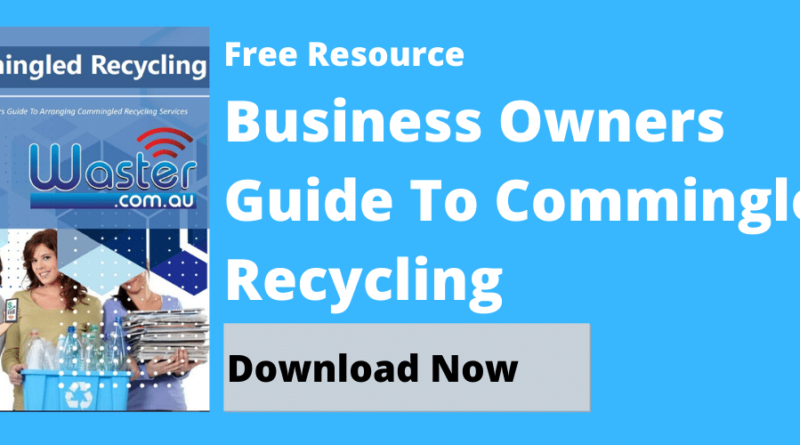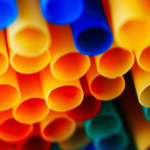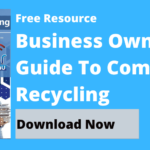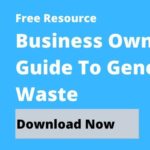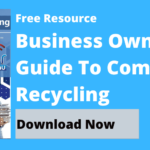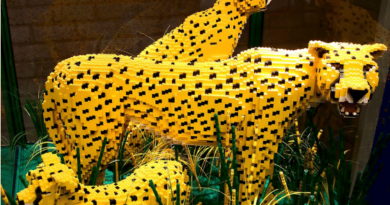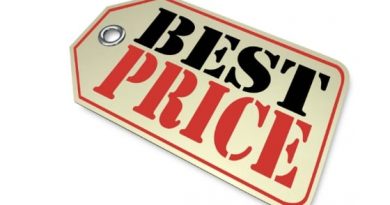France And Australia’s Plastic Enzyme Recycling 🔬
Energy Disrupter
Plastic Enzyme Recycling 🔬: Both Australia and France have started developing and testing enzymes that can recycle plastic in its purest forme, therefore also producing purer products as a result. Let us delve deeper and take a look.
Plastic waste has long been considered a pest to society, even to the oceans! Not only is it plentiful in number, but it also has a low recycling rate. Sadly, only 15 per cent of the world’s plastics get recycled. Scientists and researchers all over the world continue to experiment and trial different methods intended to combat plastic waste.
But now, through rigorous trials and errors, it seems that both Australia and France have discovered a strong method capable recycling some of the most common single-use plastics: using enzymes. In addition, we might get to recycle them an infinite amount of times.
[embedded content]
Below, we share with you the news about plastic enzyme recycling developments. Read on to learn more.
>Download Now: Free PDF Business Owners Guide To Commingled Recycling Bin Services
Waster: for smart small or medium Aussie businesses
Before we take you further and bring the latest news on plastic enzyme recycling, we want to share Waster with you.
Who is Waster? Why do plenty consider it as one of the best waste and recycling companies in Australia?
Simply put, Waster provides you with innovative solutions for your and your business’s waste management and recycling needs. In addition to that, we provide flexible, 30-day contracts instead of the typical lock-in contracts, which proves a better choice nowadays.
Click on the blue button below to learn more.
READ: Can Rare Earth Metals Be Recycled? ♻️
The latest news on plastic enzyme recycling
Before anything else, we first define the term enzyme to those unfamiliar with it.
Basically, an enzyme means, in a biological sense, means a catalyst that mainly controls chemical reactions. In other words, they help turn one thing into another thing. For example, we have two enzymes in our saliva called amylase and lipase that break down carbohydrates and fats.
Now, based off of that example, scientists and researchers have created a type of enzyme that breaks down plastic into its purest form – making recycling easier and better, as a result. We have two countries here who have produced plastic-eating enzymes: Australia and France.
News about Australia
Recycling start-up Samsara’s first 5000 tonnes of recycled materials will be trialled and used as packaging items for Woolworths supermarket shelves in the next two years. And yes, those recycled materials will be coming from Australia’s first commercial recycling plant that uses enzymes to “eat” (i.e., break down) plastic for reusing.
Researchers at the Australian National University (abbreviated to ANU) developed these enzymes and currently use and continue to improve them on the small scale at a lab on ANU’s campus. At the moment, they plan to employ 50 people to work for the commercial recycling plant.
Woolworths a little while back announced that it will provide help to recycling start-up Samsara in partnership with ANU and the Commonwealth Scientific and Industrial Research organisation’s innovation fund Main Sequence.
Currently, the enzymes were designed to recycled PET (polyethylene terephthalate) plastic that are primarily used for bottles and food packaging, as well as polyester fabric. Simply put, the researchers first picked the most commonly used plastic. Of course, this was done to already recycle larger amounts of plastic products.
Where will it get its plastic waste from? Answer: the enzyme will focus on recycling plastic collected through kerbside recycling bins. It will also recycle contaminated plastics that one cannot throw in recycling bins due to the risk of contaminating a whole batch of recyclable materials.
Want to learn more about plastic? Check our blog on plastic recycling numbers to know about the other types of plastic.
Plastic enzyme recycling news: France
Similarly, France has also developed enzymes that can recycle plastics.
French start-up Carbios recently opened a demonstration recycling plant that tests natural enzyme’s plastic recycling capabilities. They hope to make this operational in the upcoming years, planning to build a reactor about 20 times larger than the initial demonstration reactor.
Excerpt from MIT Technology Review:
It can hold two metric tons of plastic, or the equivalent of about 100,000 ground-up bottles at a time, and break it down into the building blocks of PET—ethylene glycol and terephthalic acid—in 10 to 16 hours.
Notably, it appears to be a more viable option than the past, available mechanical methods that are currently used today.
Much like the one in Australia, France also focused on PET (polyethylene terephthalate) plastic, one of the most commonly used plastic in the world. Moreover, they will focus on recycling clothes and even solar panels. In time, they will hope to roll out this process for commercial use.
Excerpt from India Times:
According to MIT Technology Review, Carbios’ new recycling plant measures 20 cubic metres and can hold two metric tonnes of plastic. In 10 to 16 hours, the plant breaks down the PET plastic into its basic components.
Simple explanation of how plastic enzyme recycling process happens
The recycling process itself is quite simple. The researchers deploy the enzyme and let them do their thing: breaking down plastic polymers to create monomers. After that, those in charge then gather the monomers and purify them to create new plastics. And… that is basically it! Something so simple yet effective should be a good sign to anyone.
Plastic enzyme recycling: conclusion
Like many, we highly anticipate these innovations’ further development. In the upcoming years, plastic will become much easier, more efficient and less costly to recycle thanks to plastic-eating enzymes. More importantly, plastic waste will cease to pester the world’s oceans and environment.
We’ve got small and medium Aussie businesses covered!
Does your Australian-based business need waste and recycling services? If so, then you have come to the right web page!
Please call 1300 WASTER (1300 927 837). You can also email us at [email protected] if you have any further questions. Find the best deals in terms of waste and recycling pricing and services!




